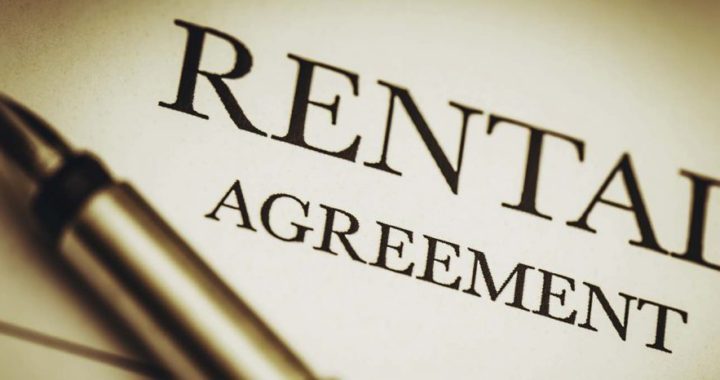WHEN A LANDLORD IS TIRED OF A NON PAYING TENANT
The Covid 19 has greatly affected many businesses, business owners and their landlords as well. Right from March when a total lockdown was directed by HE Yoweri Kaguta Museveni, a big number of physical businesses operating all around the country were affected. Due to lock down of most buildings, the tenants were unable to operate at full capacity if not at all due to the restrictions, leaving their rent dues to accumulate over the period. In addition to that, the bigger population living in Kampala are in rented houses. This too caused a gross effect on their livelihood because on top of not working or earning, they had to pay rent. By June when the lifting of the restriction was eased, landlords pressured their tenants to either pay or leave.
The question now is what options are available for a landlord whose tenant has not been paying rent from January and has given the Covid-19 pandemic as a coy or excuse for not paying any further rent. The dilemma comes in with the source of income flow. The tenant has most likely not got any financial redress from the period of March to June and probably more. Landlords, who have been benefitting from rental income from their tenants have been cut short due to the shortfall during the period leaving a big question;
What can the landlord do when a tenant continues to default in payment of rent even after the lifting of the restrictions.
The Distress for rent (Bailiffs) Act Cap 76 grants authority to a landlord, his or her attorney or the appointed bailiffs to levy distress for rent. Here the Landlord can apply to the Magistrate to grant him/her the relief to levy distress on the non paying tenant. In this case, due to non-payment of rent a landlord may intend to re-enter his/her property but would only do so with leave of court.
A frustrated landlord would also opt for the remedy under the rent restrictions Act. Under this Act, a landlord can apply to court for eviction of a tenant for breach of the express and implied terms and conditions of the tenant landlord relationship. These are not limited to non-payment of rent but can as go as far as subletting the rented area, using it for another purpose other than that to which was agreed by the landlord, to mention but a few.
Practice however dictates extra caution in handling such matters as relevant authorities have to be in the know and these include the police and area LC1 chairperson. This would avert the potential suit for destruction of property in the process of eviction.



